With much of its old socio-cultural identity still intact, Bhutan attracts interest from many oriental scholars. Bhutan is also seeing a phenomenal growth in interest from many multi-disciplinary researchers who are adapting different political and economic frameworks in trying to understand the unique approach to development in this country that is best expressed in its national development philosophy of Gross National Happiness. This concept was first propounded by the Fourth King, His Majesty Jigme Singye Wangchuck who believed spiritual development and environmental conservation must go hand in hand with material advancement in the country’s journey to wellbeing and prosperity.
Bhutanese Buddhism and Its Culture is a comprehensive introduction to the country’s diverse Buddhist traditions, as well as its unique statecraft, monasticism and people’s general way of life, all of which form the culture of the country.
The publication of this book is a part of the initiative of the Bhutanese Buddhism Research Project (BBRP) based in Kyoto University to promote the academic study of Bhutan and enhance cooperation between scholars of different specializations and regions.
Leading researchers on Bhutan have come together to work on this book which carries scholarly text and field based reports and papers on two major Buddhist schools in Bhutan, its pre-Buddhist religion Bon, and the popular culture of the people. It is hoped that the timely publication of this book will promote a greater understanding of the spirituality of the Bhutanese people today by analyzing historical precedents, and their concern towards the wellbeing and happiness of all beings.

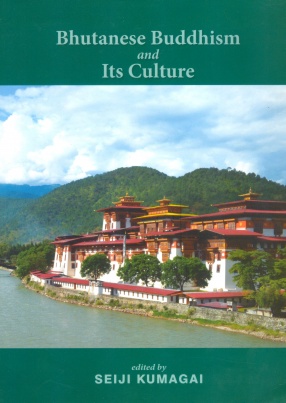

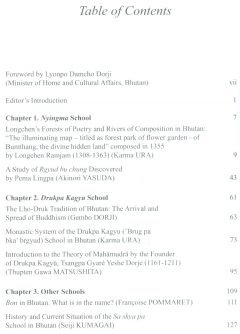
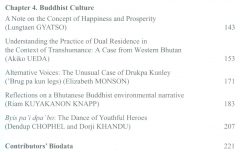
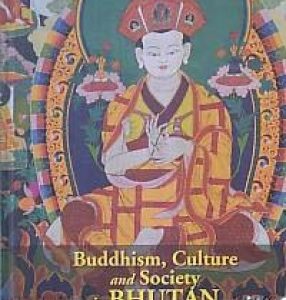
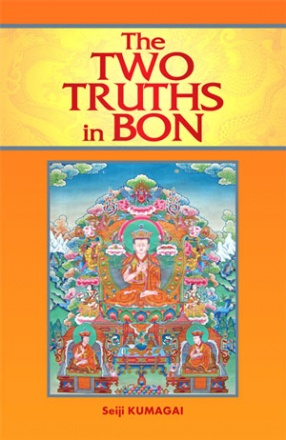


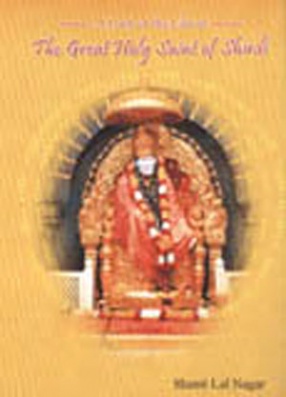
There are no reviews yet.